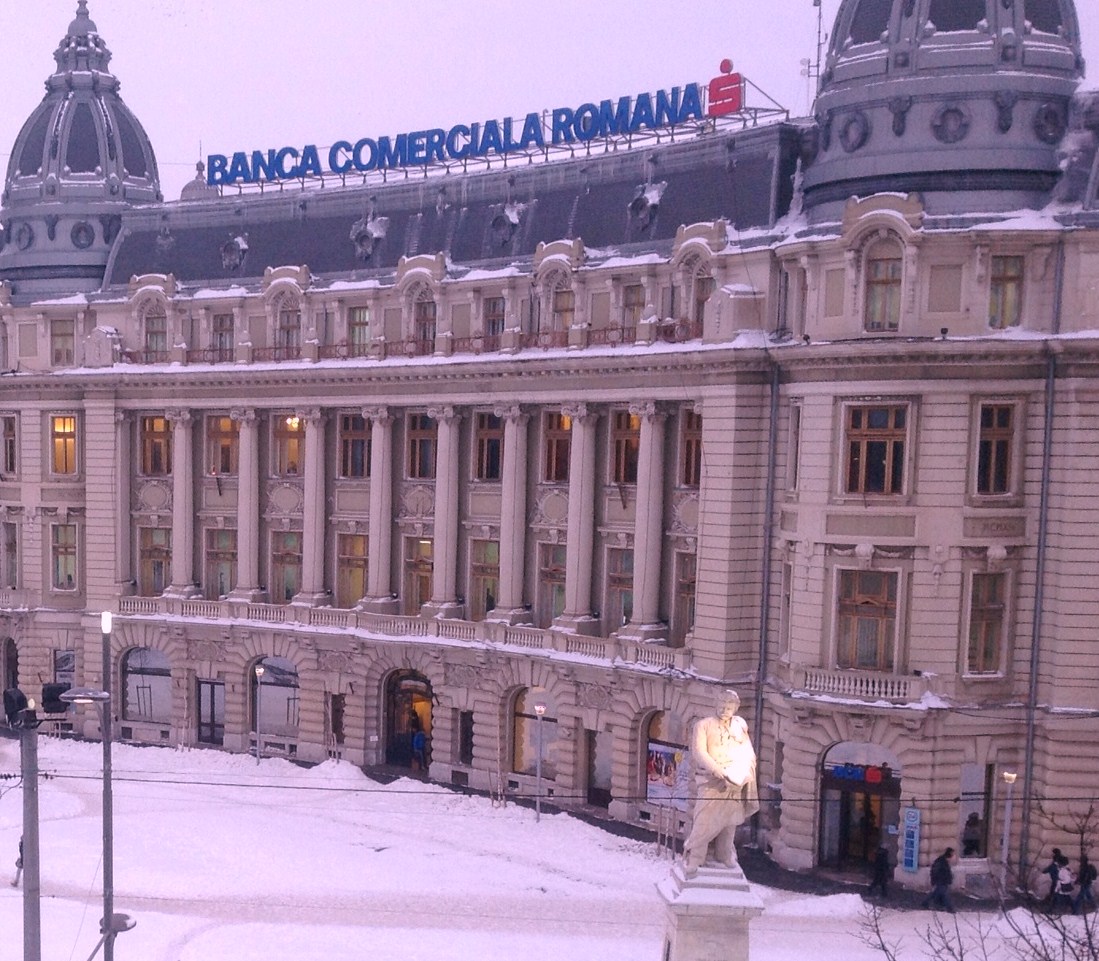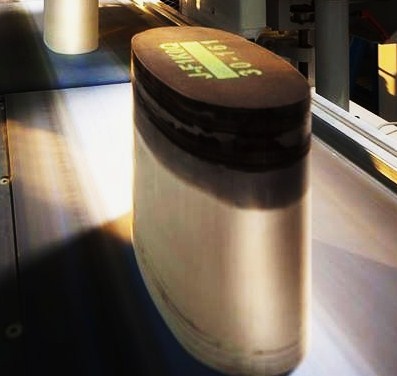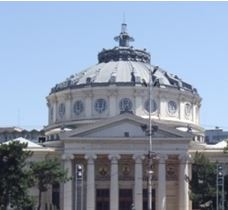 National Bank of Romania
National Bank of Romania
Bucharest, 04.02.2014
Teams from the International Monetary Fund and the European Commission visited Bucharest during January 21-February 4 to conduct discussions on the combined first and second reviews under the IMF Stand-By Agreement (SBA) and on the status of Romania’s precautionary balance of payments program with the European Union.
Staff level agreement has been reached. The program remains broadly on track. Most end-December performance criteria were met and structural benchmarks have either been met or are nearing completion.
In 2013, real GDP growth picked up to an estimated 2.8 percent, on the back of continued strong exports, while domestic demand remained subdued. Economic activity was driven mostly by robust industrial output and an abundant harvest. In 2014, real GDP is projected to advance by 2.2 percent with domestic demand firming on the basis of a supportive policy framework, better absorption of EU funds, and an improvement in confidence. Historically low inflation is projected to decline further in the first half of 2014 before returning to the upper part of the central bank’s target band in the second half of 2014. The current account deficit is expected to remain between 1 and 1.5 percent of GDP, contributing to Romania’s strong external position, which has helped the country weather recent pressures on emerging markets.
The authorities approved a budget consistent with a deficit target of 2.2 percent of GDP for 2014. A subsequent delay in the implementation of excise taxes on fuel products will be compensated with freezes on the expenditure side. The authorities intend to continue fiscal adjustment in 2015, in order to reach Romania’s medium-term budgetary objective of a structural deficit of 1 percent of GDP, while also accommodating expected further increases in co-financing of projects supported by the EU.
Monetary policy continues to be accommodative, which has translated into a considerable reduction in lending rates. Combined with the government loan guarantee programs, this should enable lending activity in lei to start a modest recovery. Notwithstanding pressures on asset quality, the banking sector continues to maintain reassuring capital, liquidity and provisioning buffers.
Progress on reducing state-owned enterprise arrears has stalled. However, corrective actions are being launched, including budgetary transfers and restructuring measures. An action plan to sustainably lower arrears over the medium term will be defined. Building on the success of the Romgaz IPO, progress toward completion of IPOs of three other state-owned enterprises remains broadly on schedule. Regulatory reforms in energy and transport sectors are set to continue, as well as deregulation of the gas and electricity prices, in line with the earlier agreed roadmaps.
Sources: International Monetary Fund, Regional Office for Romania and Bulgaria press release and European Commission press release
E. R. Regli
 mmission recognised that Romania has made progress in reforming its judiciary and noted improving cooperation between local institutions, but still warned that the independence of courts remain an issue. Romania has many emerging market characteristics; it shares old unhealed wounds but steps on with the legacy of previous successes.
mmission recognised that Romania has made progress in reforming its judiciary and noted improving cooperation between local institutions, but still warned that the independence of courts remain an issue. Romania has many emerging market characteristics; it shares old unhealed wounds but steps on with the legacy of previous successes. 





